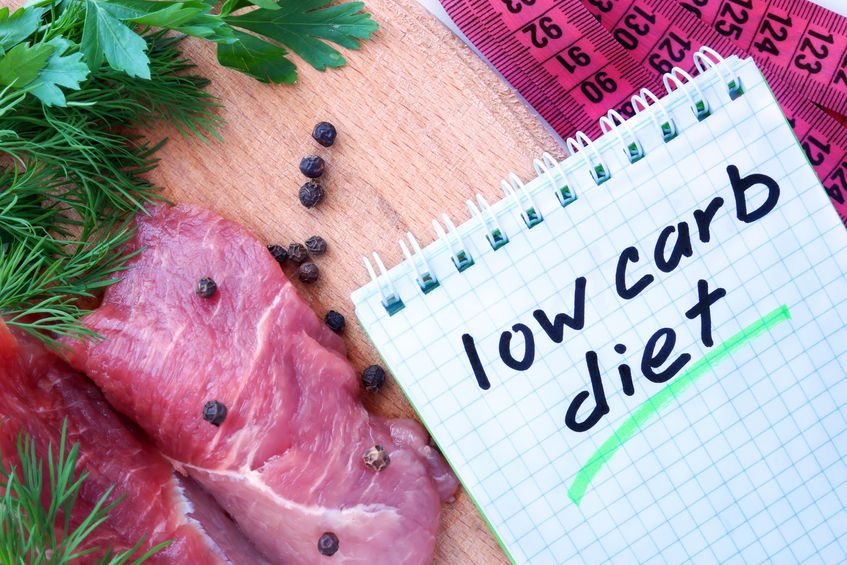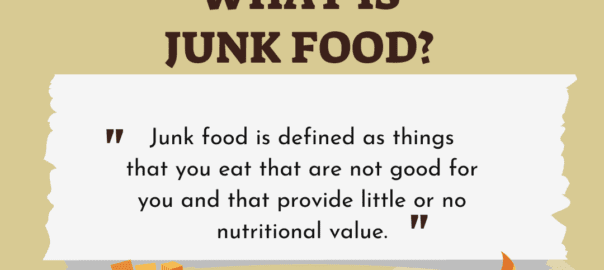For decades, the medical world has recommended a low-fat diet for losing weight, but it’s becoming increasingly clear that simply reducing fat/calorie intake doesn’t lead to long-term weight loss. A low-carbohydrate, high-protein diet, on the other hand, has proven to be more effective for taking weight off. A low-carb diet restricts intake of refined carbohydrates (white bread, pasta, sweets) and replaces them with protein and healthy fats.
The benefits of a low-carb diet don’t stop at weight loss. Reducing carbohydrates can help improve other health conditions such as metabolic syndrome, diabetes, high blood pressure and cardiovascular disease. Low-carb diets may also raise HDL cholesterol (good cholesterol) levels if the right foods are consumed such as lean protein, healthy fats and unprocessed carbs. For example, a low-carb diet that’s high in fatty meats, whole dairy and other high-fat foods can raise cholesterol, increasing the risk for heart disease and kidney problems.
How does a low carb diet work?
The body uses carbohydrates as its primary fuel source. To lose weight, you want your body to burn stored fat as energy instead of carbs. When you consume high amounts of simple carbs (such as those found in starches and sugary foods), they’re absorbed into the bloodstream as glucose. Some glucose is burned as energy while extra carbs/glucose are stored as fat. High-carbohydrate foods are also less satisfying, leading to overeating and, ultimately, weight gain.
A low-carb, high-protein diet causes the body to use stored body fat for energy. Plus, protein is more satisfying, so you can eat until you are full but consume fewer calories, helping you lose weight.
Where a low-carb diet gets tricky is in determining which foods to avoid. Complex carbs, such as those found in whole grains, fruits and vegetables, won’t cause the same blood sugar spike and hunger pangs as simple carbohydrates, those usually found in processed foods and sugar.
A low-carb diet typically consists of a daily limit of 60–130 grams of carbohydrates, and carbs that are consumed should come from fiber-rich sources such as vegetables, fruit and whole grains. For weight loss, McCarty Weight Loss Center recommends eating at least 40 grams a day of lean protein along with healthy fats.
If you’re considering a low-carb, high-protein diet, talk to your physician or nutritionist to see if it’s safe for you. Your doctor can help you develop a plan to ensure you’re getting enough nutrients in your diet for optimal weight loss and health.






